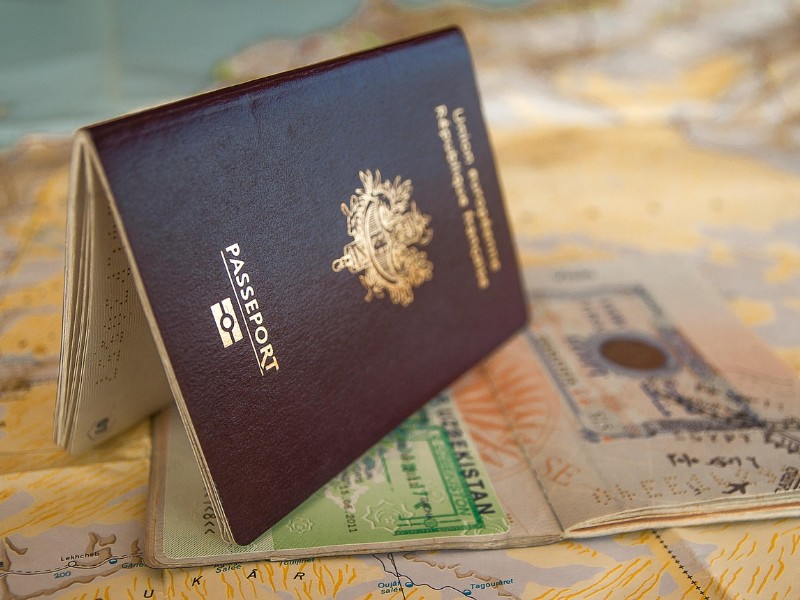
But concerns raised over funding, assessments and lived experience
Tynwald has unanimously approved the first annual update on the Island’s Autism Spectrum Condition Strategy, with members welcoming early progress but warning that significant challenges remain - particularly around funding, adult assessments and the lived experience of autistic people and their families.
The report, covering the first 18 months of the 10-year strategy launched in March 2024, outlines work undertaken during “phase one”.
The Department of Health and Social Care says around 80 percent of actions have been completed or are on target, with the remaining 20 percent now carried forward into phase two.
Health Minister Claire Christian told members that ongoing engagement with the autistic community - 35 sessions since 2022 - had been “invaluable” in shaping the direction of the work.
She highlighted staff training, improved information, strengthened school support and the delivery of one hundred and sixteen summer holiday activities funded by Manx Mencap and Autism in Mann as examples of practical progress.
A key improvement noted in both the report and previous briefings was a sharp fall in Child and Adolescent Mental Health Service waiting times.
The department reports a 73 percent reduction, with 247 children diagnosed with autism between August 2024 and September 2025. The waiting list has dropped from 1,181 in August last year to 309 by September this year, and officials expect no routine waiting list from April next year.
The minister said the work so far had been achieved through “joined-up working, dedication and a shared sense of purpose”, but acknowledged the “most challenging work lies ahead” as the strategy moves towards designing a clear, all-age diagnostic and support pathway.
Phase two will also expand work to include ADHD, dyslexia, dyscalculia, dyspraxia and dysgraphia.
Calls for sustainable funding and ringfenced budgets
Legislative Council member Kirstie Morphet welcomed the proposals but said the scale of work planned in phase two required a realistic assessment of costs. She warned that adult assessments were expensive and that any backlog would persist without sufficient funding.
She said a diagnosis alone would not deliver the improvements families expected, adding that a ringfenced budget for the new all-age pathway was “essential” if government was serious about meeting its commitments.
Concerns about lived experience and last-minute withdrawal of support
Onchan MHK Julie Edge also supported the update but raised concerns that some individuals had been promised assessments or support only to see arrangements cancelled at short notice.
She said such situations were deeply distressing for families and argued the strategy’s success must be judged by the experiences of autistic people rather than the number of training sessions delivered. Some families, she said, were still self-funding private assessments.
In that context, she added, underspending “should never be seen as a success story; it is a symbol of delay.”
Warnings over ‘box-ticking’ and the risk of conflating autism with mental health
Douglas East MHK Joney Faragher said the update suggested government had so far prioritised cost-neutral actions - such as training, meetings and awareness materials - rather than substantial service improvements.
She warned that strategies risked “listing outputs as if they are outcomes”, creating a culture of 'box-ticking' rather than achieving tangible improvements in people’s lives.
Ms Faragher also cautioned against aligning autism too closely with mental health services, saying it risked stigmatisation and could result in inappropriate or poorly designed support.
Charities welcome progress but stress the distance still to travel
Autism in Mann, which was briefed on the report earlier this week, has welcomed the improvements made so far, including the reduction in waiting times and the planned development of an all-age pathway. The charity said it valued regular updates from the Autism Strategy Team but noted there was “still a long way to go”.
It said families’ priorities varied widely - from respite and supported employment to long-term stability for when parents are no longer around - and that it would continue working with government and other agencies to help make the Island “as autism-friendly as possible”.
Next steps
With Tynwald approval now secured, phase two of the strategy continues through to September next year.
Work will focus on designing a fully costed all-age assessment and support pathway, expanding autism training across government, and strengthening clarity around services, inclusion, and support.
The health minister insists the department would “keep listening, working together and pushing forward with actions that reflect real need and deliver better outcomes”, reaffirming the goal of an “autism-friendly Island”.


 Home schooling figures spike on the Isle of Man
Home schooling figures spike on the Isle of Man
 MHK to approach DFE about extending visa offerings here
MHK to approach DFE about extending visa offerings here
 120 gifts donated to kids at Rebecca House Children's Hospice
120 gifts donated to kids at Rebecca House Children's Hospice
 NSC pool out of action until the New Year
NSC pool out of action until the New Year